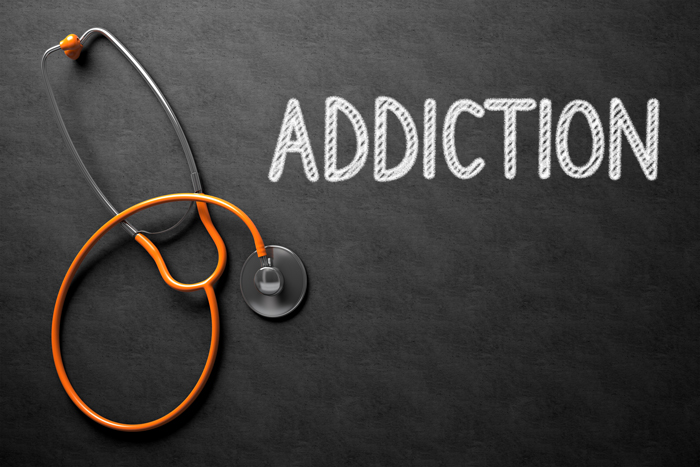The disease of addiction is a chronic brain illness that causes those suffering from it to drink or take drugs despite the horrible consequences.
Long ago, addiction was thought of as a compulsion and a series of bad choices. Those suffering from addiction were considered weak, unmotivated, and poor decision makers who had no willpower to stop the addictive behavior. It wasn’t until 2011 that a four-year study by the American Society of Addiction Medicine (ASAM) revealed a new definition of addiction. With the help of top addiction experts, addiction medicine doctors, neuroscientists, ASAM’s governing board, and experts from the National Institute on Drug Abuse, the definition was changed. Addiction is now defined as a primary, chronic disease “involving complex interactions among brain circuits, genetics, the environment, and an individual’s life experiences.” Addiction is treatable but, like other chronic diseases, must be monitored over the course of a lifetime.
While addiction is a disease, it remains the responsibility of the person suffering from it to seek treatment and maintain recovery.
Once recovery is obtained, the newly sober must continue a life-long journey to work on their sobriety. This may include attending Alcoholics Anonymous or other 12-step recovery meetings, individual therapies, and prescribed medications.
The disease of addiction is not curable, but it is possible to live a joyous life free of the grips of alcohol and drugs. It takes complete honesty and responsibility, coupled with a little bit of courage, strength, and hope.
Reference:
Addiction Has A New Definition – It Is A Disease, Not Just Bad Choices Or Behaviors (2011, August 16). Retrieved April, 2017.










